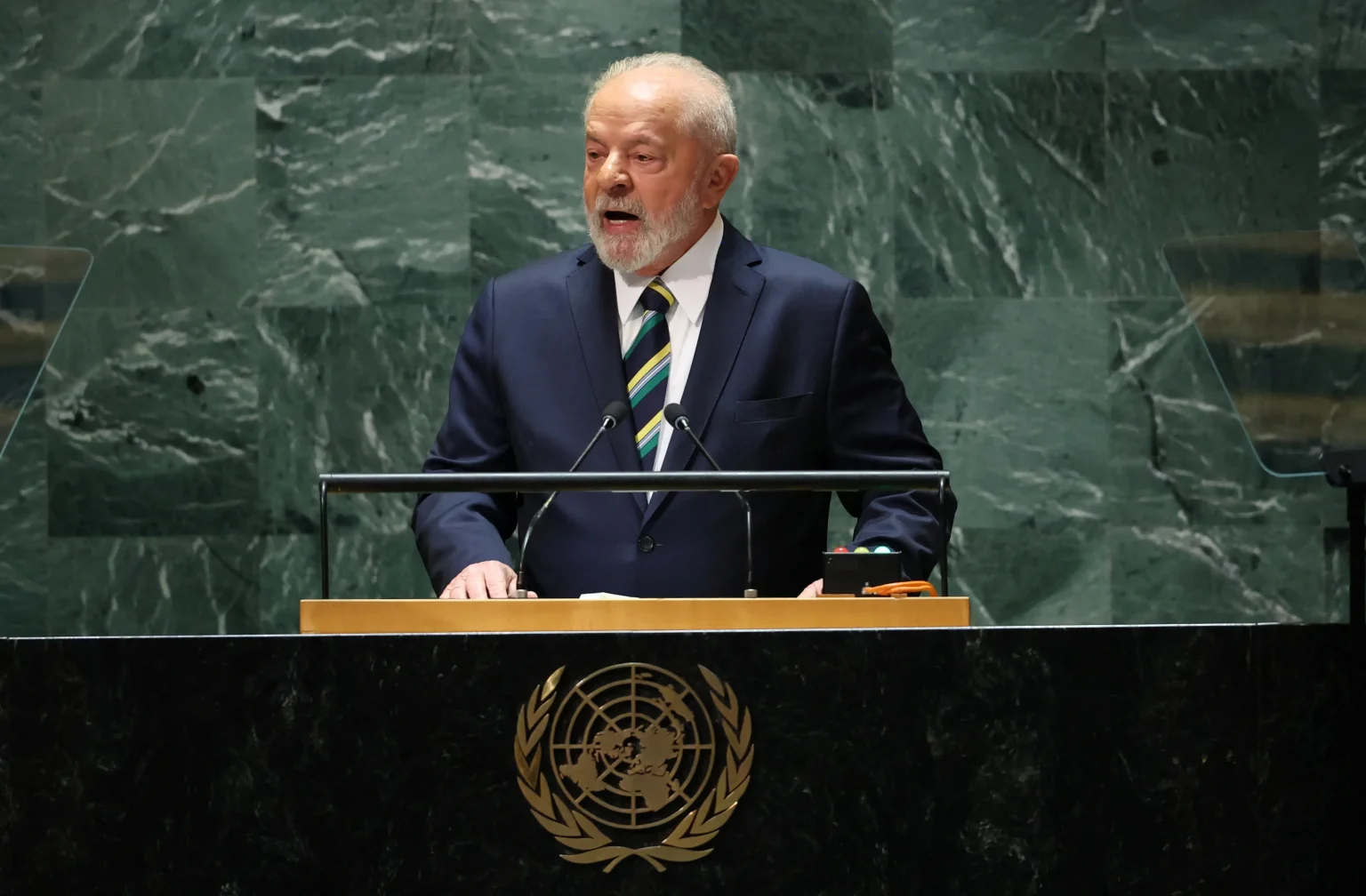BRAZIL CALLS FOR U.N. OVERHAUL AT MEETING OF G20 MINISTERS IN RIO We do not accept a world where differences are resolved through the use of force
Brazil opened a conference of foreign ministers from the G20 group of nations on Wednesday (February 21) by blaming the United Nations and other multinational bodies for failing to stop mounting wars and conflicts that are killing innocent people.
Foreign Minister Mauro Vieira called for a global governance reform as Brazil’s top priority for its presidency this year of the group of the world’s largest economies.
Viera told ministers during the opening meeting that multilateral institutions are “not adequately equipped to deal with current challenges,” and slammed the Security Council for its “unacceptable paralysis about ongoing conflicts.”
Ministers from the G20 nations, including the United States and Russia, began a free discussion of current world tensions and ways to improve multilateral organizations — a priority set by Brazilian President Luiz Ignacio Lula da Silva, along with curbing climate change and reducing poverty.
But with continued fighting between Russia and Ukraine and the war in Gaza, diplomats are not optimistic that proposals to upgrade global governance will advance easily within the G20.
Vieira also said Brazil does not accept a world in which differences are resolved through the use of military force, adding that a “very significant” part of the world “has made a choice for peace.”
Lula has criticized the United Nations for failing to resolve the conflict between Israel and the Palestinians, and his accusations last week of atrocities by Israel in Gaza triggered a diplomatic crisis with an Israeli reprimand and Brazil recalling its ambassador.
Critics of the United Nations state that the U.N. for good reasons, does not have Sovereign Power “Governance” over Nations of the World. Its meetings are therefore a forum for these debates to be held publicly and for guidance only.
They point out that by 28 July 2020, the UN Security Council adopted 2,537 resolutions, even though the term “resolution” does not appear in the text of the United Nations Charter.
Critics also claim bias in the U.N., of the Country-specific resolutions, 45 resolutions comprised almost half (45.9%) of all country-specific resolutions passed by the UNHRC were against Israel.


